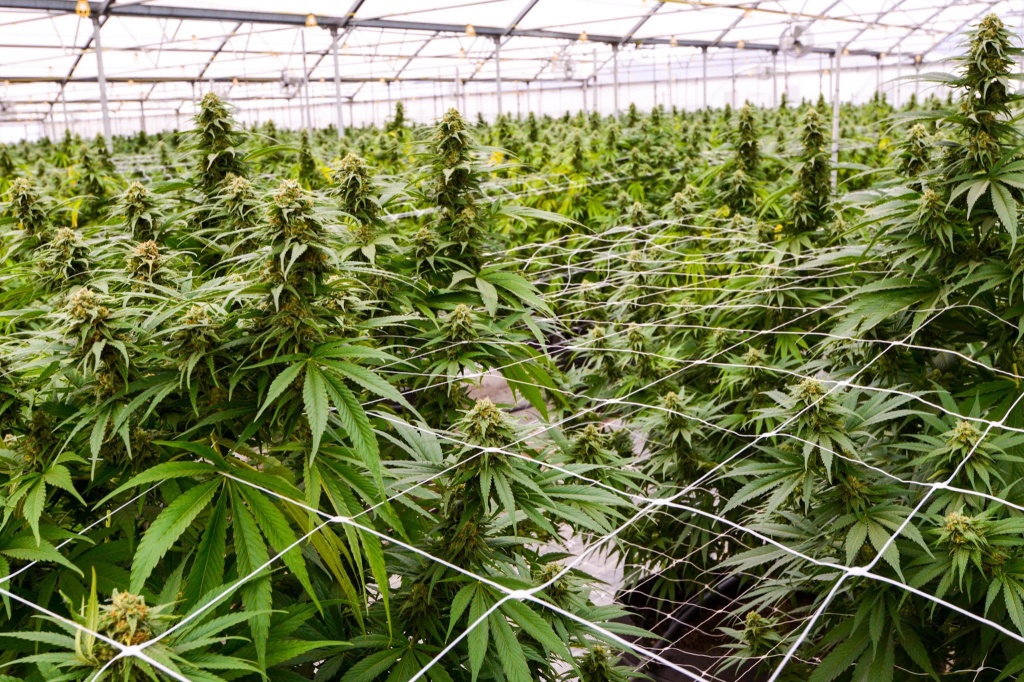Cannabis tax battle pits pot against preschoolers

At the beginning of July, the California weed community was left devastated. The state increased its cannabis excise tax rate by 26 percent, a move that many industry leaders believe will force consumers back to the illicit market. While many advocates are fighting for the tax rate to be reduced back to its original 15 percent, an unlikely opponent has arisen: child care workers.
RELATED: Op-ed: California’s cannabis market at a breaking point
A bill that would lower the rate back to 15 percent has already passed the Assembly, which, if signed into law, would result in a $ 180 million reduction in the state’s tax revenue. Currently, that money goes to law enforcement, environmental cleanup, child care, and services for disadvantaged youth. About $81 million of that money is currently slated to fund additional child-care slots for 8,000 low-income families.
For the bill to move on, it must be passed by the Senate on September 12 and signed by Gov. Gavin Newsom (D) by October 12.
According to the LA Times, experts say that this dilemma between the cannabis and child care industries—both of which are struggling immensely—is exactly why funding social services with “sin taxes” is unsustainable. The shifting sentiments around and industry woes of substances like cannabis, alcohol, or tobacco make these taxes too impermanent to rely on for necessary services.
Right now, California is losing money due to cuts in federal funding, so it’s unclear how these childcare programs will be sustained without the additional tax revenue from weed. A spokesperson for Newsom seems confident that it can be done, telling the LA Times the administration will “work with the Legislature to ensure there are no cuts to child care due to this policy change.”
The state currently has a $7 billion annual child care budget, but as federal cuts continue, any potential for additional losses is reason to worry for child care professionals.
“Every single dollar needs to remain in the programs that are serving our children and families. What may seem like a small amount to some is everything for advocates who are fighting for it,” said Mary Ignatius, executive director of Parent Voices California, to the LA Times.
Despite continued efforts to rebuild the child care industry in California since 2008, child care workers are still underpaid, families are struggling to afford quality care, and there aren’t enough spots in beneficial programs for those who need them.
The California cannabis industry is in a similarly bad place. As of February 2025, there were 2,000 more inactive and surrendered weed licenses than active ones in the states. Experts believe the tax increase will only worsen the program, putting workers out of jobs.
RELATED: California Cannabis Awards shines a bright light in dark times
It’s unfortunate that these industries are at a standstill, especially given the number of people that will be adversely affected by this bill, whether it passes or not. While Newsom has committed to supporting child care programs despite potential budget cuts, history shows that he may not be able to do so.